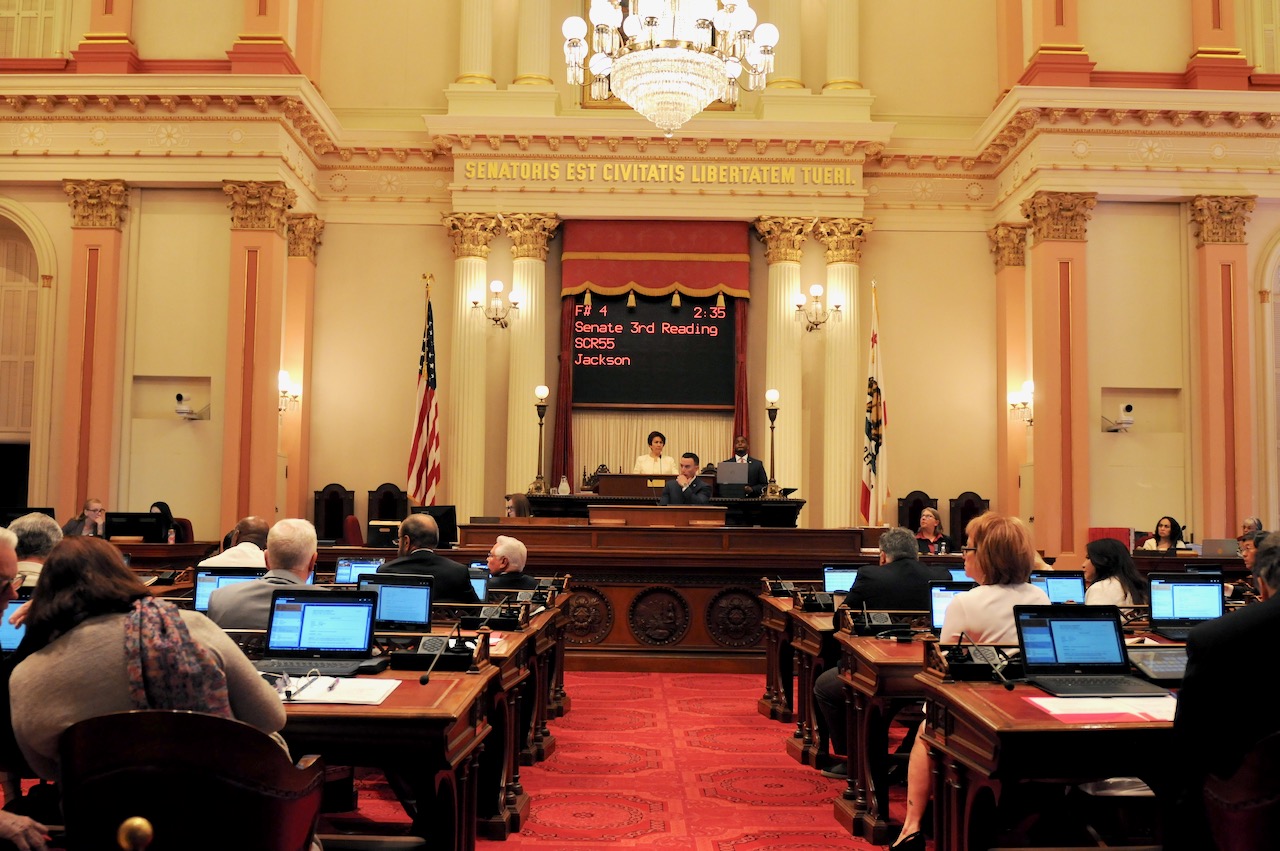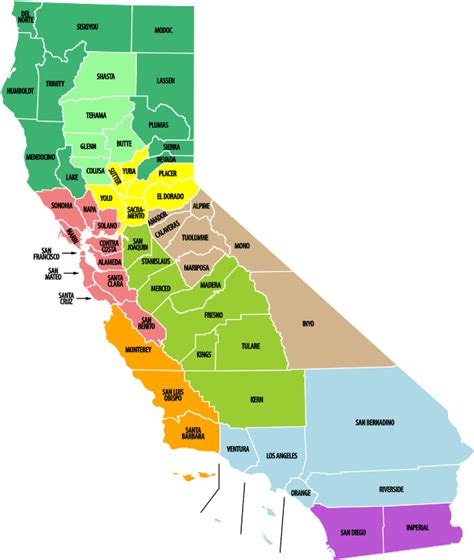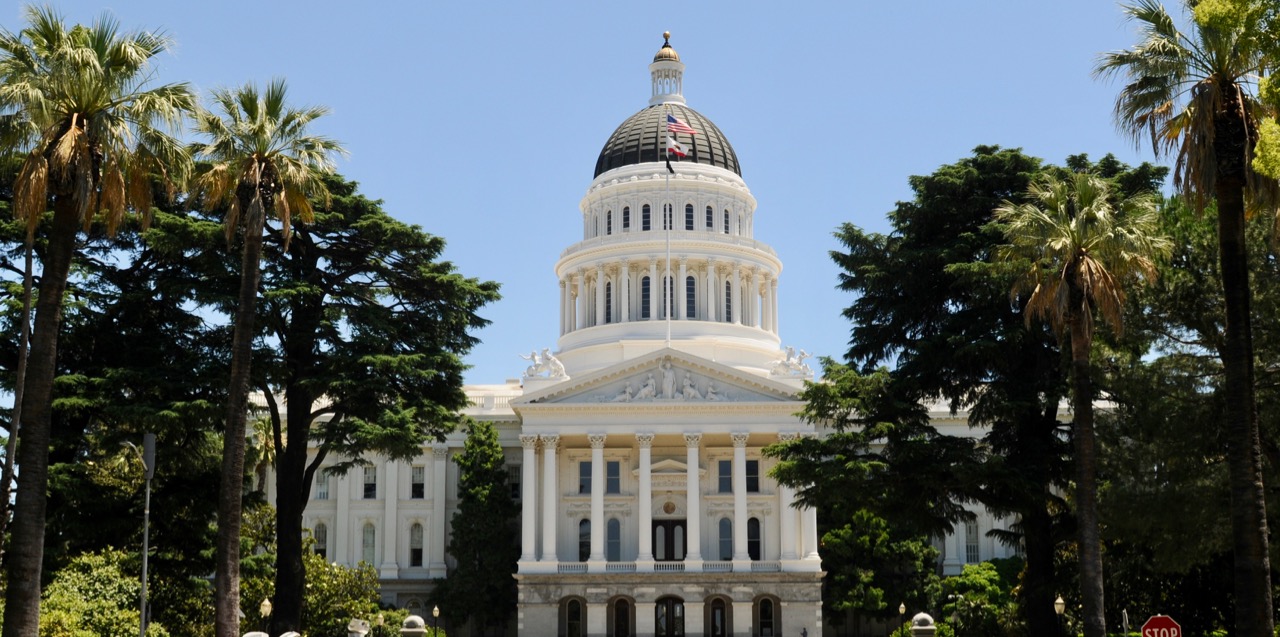
California State Capitol Building. (Photo: Kevin Sanders for California Globe)
Why Is California’s Minimum Wage Going Up Again?
Inflation has grown so dramatically that this increase is required by the 2016 state law
By Chris Micheli, May 12, 2022 3:49 pm
Not only will California’s minimum wage go up again on January 1, 2023, but also all employees will be guaranteed that rate even if they work for “small employers.” Both of these changes stem from Senate Bill 3 by Sen. Mark Leno (D-San Francisco) that was enacted April 4, 2016 as Chapter 4.
Employer Size
SB 3 made a distinction between small employers and all other employers. First, pursuant to Section 1182.12 of the Labor Code, subdivision (b) (3), employers are both private and public sectors. That subdivision provides: “For purposes of this subdivision, ‘employer’ means any person who directly or indirectly, or through an agent or any other person, employs or exercises control over the wages, hours, or working conditions of any person. For purposes of this subdivision, employer’ includes the state, political subdivisions of the state, and municipalities.” So, the minimum wage increases that have occurred the past half a dozen years have applied to both private and public sector employers.
Thereafter, in subdivisions (b)(1) and (b)(2), the phase-in to $15 per hour minimum wage varied between the size of the employer. Pursuant to subdivision (b)(1), there was a faster phase-in period for employers of 26 or more employees. On the other hand, subdivision (b)(2) provides: “For any employer who employs 25 or fewer employees, the minimum wage shall be as follows:” Thereafter, until now, there has a one-year delay in the minimum wage increase for smaller employers.
As a result of these provisions of SB 3, earlier this year (January 1, 2022), the $15 minimum wage took effect for employers with 26 or more employees. However, for employers of 25 or fewer employees, the $15 minimum wage is scheduled to take effect on January 1, 2023.
Going to $15.50 on January 1
Due to other provisions contained in SB 3, all employees will see the minimum wage increased to $15.50 on January 1, 2023, regardless of the size of the employer.
Subdivisions (c)(3)(A) and (c)(3)(B) provide the following:
(c) (3) (A) Notwithstanding the implementation timing described in paragraph (1) of this subdivision, if the rate of change in the averages of the most recent July 1 to June 30, inclusive, period over the preceding July 1 to June 30, inclusive, period for the United States Bureau of Labor Statistics nonseasonally adjusted U.S. CPI-W exceeds 7 percent in the first year that the minimum wage specified in subparagraph (F) of paragraph (1) of subdivision (b) is implemented, the indexing provisions described in paragraph (1) of this subdivision shall be implemented immediately, such that the indexing will be effective on the following January 1.
(B) If the rate of change in the averages of the most recent July 1 to June 30, inclusive, period over the preceding July 1 to June 30, inclusive, period for the United States Bureau of Labor Statistics nonseasonally adjusted U.S. CPI-W exceeds 7 percent in the first year that the minimum wage specified in subparagraph (F) of paragraph (1) of subdivision (b) is implemented, notwithstanding any other law, for employers with 25 or fewer employees the minimum wage shall be set equal to the minimum wage for employers with 26 or more employees, effective on the following January 1, and the minimum wage increase specified in subparagraph (F) of paragraph (2) of subdivision (b) shall be considered to have been implemented for purposes of this subdivision.
What do these paragraphs mean? Because the US CPI-W has exceeded the 7% threshold, the annual indexing must be implemented immediately and be effective on the following January 1 (which, of course, is January 1, 2023). Basically, inflation has grown so dramatically that this increase is required by the 2016 law.
In addition, because that threshold was met, there is no longer a distinction based upon employer size (…for employers with 25 or fewer employees the minimum wage shall be set equal to the minimum wage for employers with 26 or more employees, effective on the following January 1….).
Therefore, California’s minimum wage is increasing to $15.50 per hour for every employee effective January 1, 2023.
- Legislative Policy on Bay Area Pilotage - July 26, 2025
- Small Craft Harbors and Waterways in California - July 25, 2025
- Disability of Parties in Civil Actions - July 24, 2025








The NWO globalists need more unemployment. High minimum wages shut down small businesses and cause the ones trying to survive to lay off low skill workers.
Agreed. I have a masters degree, worked my butt off for 6 years and I am not living as lucratively as minimum wage will provide. McDonald’s should be a stepping stone not a career complaining about low pay. I worked in fast food myself, put myself through school, and am making a living without complaining that I have to do my job at the pay rate I’m getting. Too bad I wasted my time in school. I could mindlessly work fast food, throw away my ambitions, and live a stress free life.